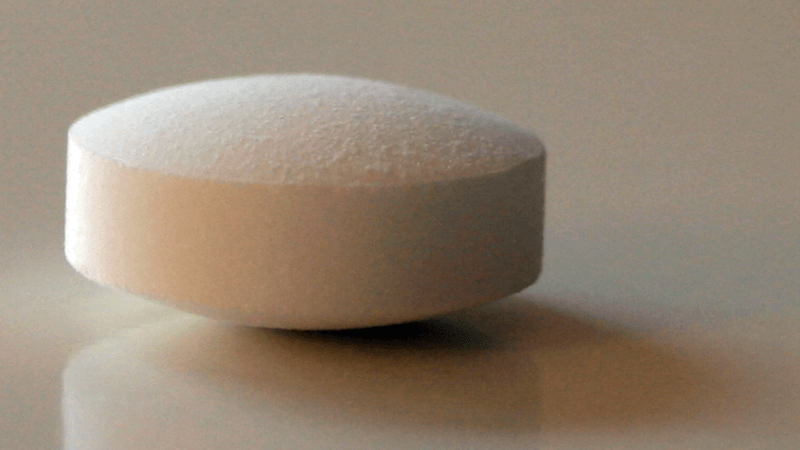Pro-life campaigners have threatened to take legal action after Scotland’s Chief Medical Officer said women could take abortion pills at home.
The Society for the Protection of Unborn Children (SPUC) has written to Dr Catherine Calderwood, calling for her to row back on her decision to let women take the drug misoprostol outside a clinical setting.
Calderwood has until 12 noon on Friday 5 January to comply, after which SPUC will launch legal action “without further notice”.
Abortion drugs
Medical abortions involve taking two tablets – mifepristone, which kills the developing baby, and misoprostol which induces a miscarriage to expel it from the womb.
In England and Wales both drugs must be taken in the presence of a medical professional.
But since October, Scottish women have been able to take misoprostol by themselves, after a change in policy quickly authorised by Calderwood.
John Deighan, Chief Executive of SPUC, said the development will “result in dreadful threats to women’s health” adding that the group has “no alternative” but to challenge it.
‘Unlawful’
SPUC’s letter to the Chief Medical Officer states that her decision was “unlawful”. A solicitor acting for the group said:
“The taking of the abortifacient drugs must be done under the supervision either of a registered medical practitioner, or by some other suitable member of staff who is acting under the control of a medical practitioner.
“It cannot be done by a patient unsupervised, at home or elsewhere.”
“As the approval anticipates the patient administering the drug to herself without medical supervision, that approval proceeds upon a misdirection as to the requirements of the 1967 Act, and is accordingly unlawful”.
Under the radar
Calderwood’s change in practice came without parliamentary scrutiny or public consultation.
There are now calls for a similar change to be implemented in England and Wales, with support from the President of the Royal College of Obstetricians and Gynaecologists.
As well as being fatal for an unborn child, medical abortions carry with them a plethora of physical and psychological risks to a mother’s health.
Risks
These were outlined last week in an article by Dr Philippa Taylor, Head of Public Policy at the Christian Medical Fellowship.
Dr Taylor said there are many reasons why “changing practice will be to the detriment of women’s physical and emotional health”.
Most alarmingly, she wrote, “there is no control over when, where or even who is taking the pills”.
‘Psychological fallout’
She cited a study showing that post-abortion complications are four times more likely to occur after medical abortions than surgical abortions.
Medical abortions also carry a much higher risk of haemorrhaging and a higher risk of hospitalisation.
Dr Taylor also noted that the “psychological fallout from medical abortions completed at home can be severe”.
Women usually see the fetus and have to dispose of the remains by themselves.

